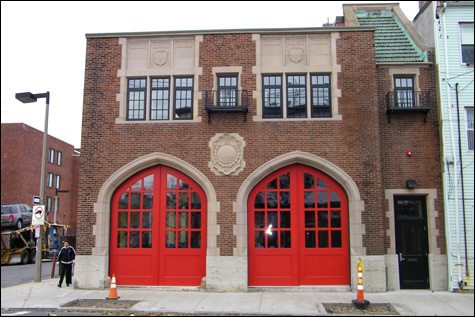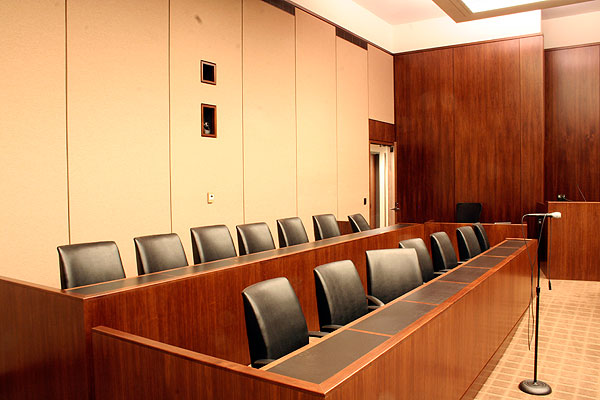I've never read an editorial quite like the screed in last week's East Boston Times. There's almost no attempt to make a logical case for the position that casino gambling should be brought to Suffolk Downs; instead there's a collection of ridiculous hyperbole and a bunch of straw-man arguments.
According to the Nov. 4 editorial, "
Negative vibes," those against bringing a casino to East Boston:
-- "stand against progress in this litigious world" and "prefer economic inertia to sound development and job creation"
-- believe a casino at Suffolk Downs would be an "immoral Tower of Babel"
-- believe a casino would be "ruinous in every measure."
-- believe a casino would require "twin eight lane highways costing $500 million" and that traffic will be "so bad that life is going to stop"
-- believe that "East Boston ...will be ruined if Suffolk Downs is developed"
-- believe that "East Boston ... will be obliterated, the fabric of the community torn, the civil society shredded, tattered beyond recognition with East Boston itself taking on the persona of a homicide victim brutally stabbed to death and left to bleed."
-- believe that, "Small business will be ruined. Housing values will tumble. Prostitution will take over. Drugs will flow."
-- believe that "East Boston becomes Sodom and Gomorrah and people looking back at the neighborhood will run the risk of turning themselves into pillars of salt."
Are they serious? Was this supposed to be an actual attempt to say something intelligent on an important matter? Bringing casino gambling to Massachusetts and, specifically, to East Boston is an issue that has legitimate arguments on both sides. Reasonable people can discuss the subject and reach different conclusions. With this ridiculous polemic, the Times completely ignores rational discussion.
Meanwhile,
the Times' front-page story about a State House hearing on casino gambling reads like a transcript of comments by an official from Suffolk Downs. The article is completely one-sided for two reasons: first, the remarks aren't evaluated, investigated, fact-checked, scrutinized or analyzed; and second, no one else is quoted in the story. You mean to tell me that nobody showed up who was on the other side of the issue? Or did those who write the Times' editorials instruct their reporter to ignore anyone at the hearing who is against casino gambling?



















